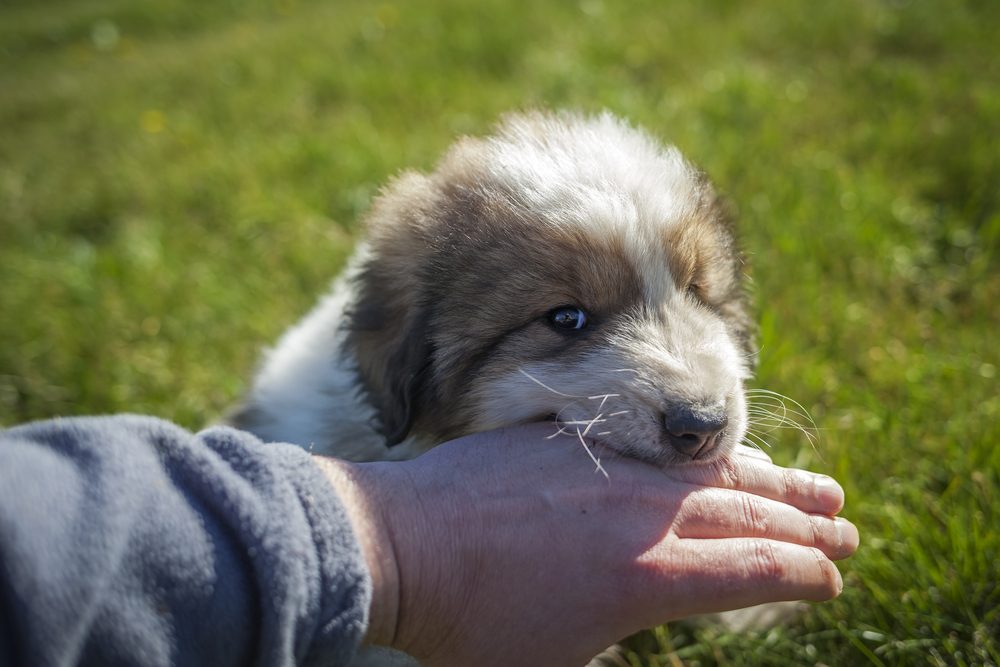Once Bitten: What to Do When an Animal Bites You

Most people identify themselves as animal lovers. In fact, according to the Insurance Information Institute, 60.2% of American households have a dog and over 47% have a cat. Not to mention reptiles, birds, and other large mammals! Although animals play a large part in our lives, different triggers can cause an animal to attack. In 2017, the city of San Antonio, Texas has seen an influx of roaming dogs which has become problematic for the United States Postal Service (USPS). In a news segment on KENS5, it was reported that San Antonio ranks #11 in the nation for dog attacks on postal workers. The CDC also tells us that men and children are more likely to be attacked by dogs. Prevention is key: Animals will generally give warning signs before attacking. Growling, hissing, arched back, and lowered ears are just a few of the signals that animals give us when they feel threatened. For dogs: Do not approach an unknown dog, do not make eye contact, and back away slowly. For cats: Walk away when they start showing aggression (i.e. raised hair, arched back, thrashing tail, etc.). Give the animal a chance to calm down before attempting to interact with it. Wild animals: Keep calm, make yourself appear larger than you are, and back away slowly. Never run from a wild animal; this may trigger their instinct to chase. Get to safety: Put as much distance between the victim and the animal as you can. Use your body, clothing, or items like a purse or backpack to keep the animal from attacking vulnerable areas like the neck and face. Assess the situation: Depending on the animal and the chances of it being vaccinated, you may or may not need medical assistance. If the wounds are not too deep, the animal has been vaccinated in the last 364 days, and you are up-to-date on your tetanus shots, you can safely cleanse the area with soap and water, use an antibiotic ointment on the injury, and bandage it up. Seek medical attention if the injury becomes red, painful, or swollen. Know when to get help: Seek medical attention immediately if the victim has deep wounds with excessive bleeding, becomes feverish, or is attacked by an animal that has not been vaccinated in the last year. Many animals carry harmful diseases that can cause infection and, in some cases, even death. When someone is attacked by any animal, timing is crucial. Save yourself precious time by familiarizing yourself with the locations of local hospitals like the Physicians Premier Cibolo ER where help can be found 24 hours a day. Be sure to check out our Physicians Premier Blog for other tips and information on health and wellness.


